Human resources are the key factor in the quality of science and technology. In addition to attracting talent, there should be a policy to train high-quality human resources within the country.
Polishing rough gems into precious gems
When talking about the Vietnam - Japan IT program (HEDSPI), Hanoi University of Science and Technology introduced this as a program where "graduates have the highest average salary among IT-related training majors of Hanoi University of Science and Technology".
According to Associate Professor Ta Hai Tung, Principal of the School of Information and Communication Technology, 18 years ago, when the HEDSPI program was opened to train IT human resources for work in Japan, there were many doubts about whether a training program in Vietnam could meet the requirements of a demanding market like Japan? In fact, HEDSPI is one of the most successful IT training programs in Vietnam . Although studying entirely in Vietnam , with Vietnamese tuition fees, most graduates (about 80%) have gone to work directly in Japan, with the same treatment as engineers graduating from native universities, creating a HEDSPI human resource brand sought after by Japanese corporations and companies.
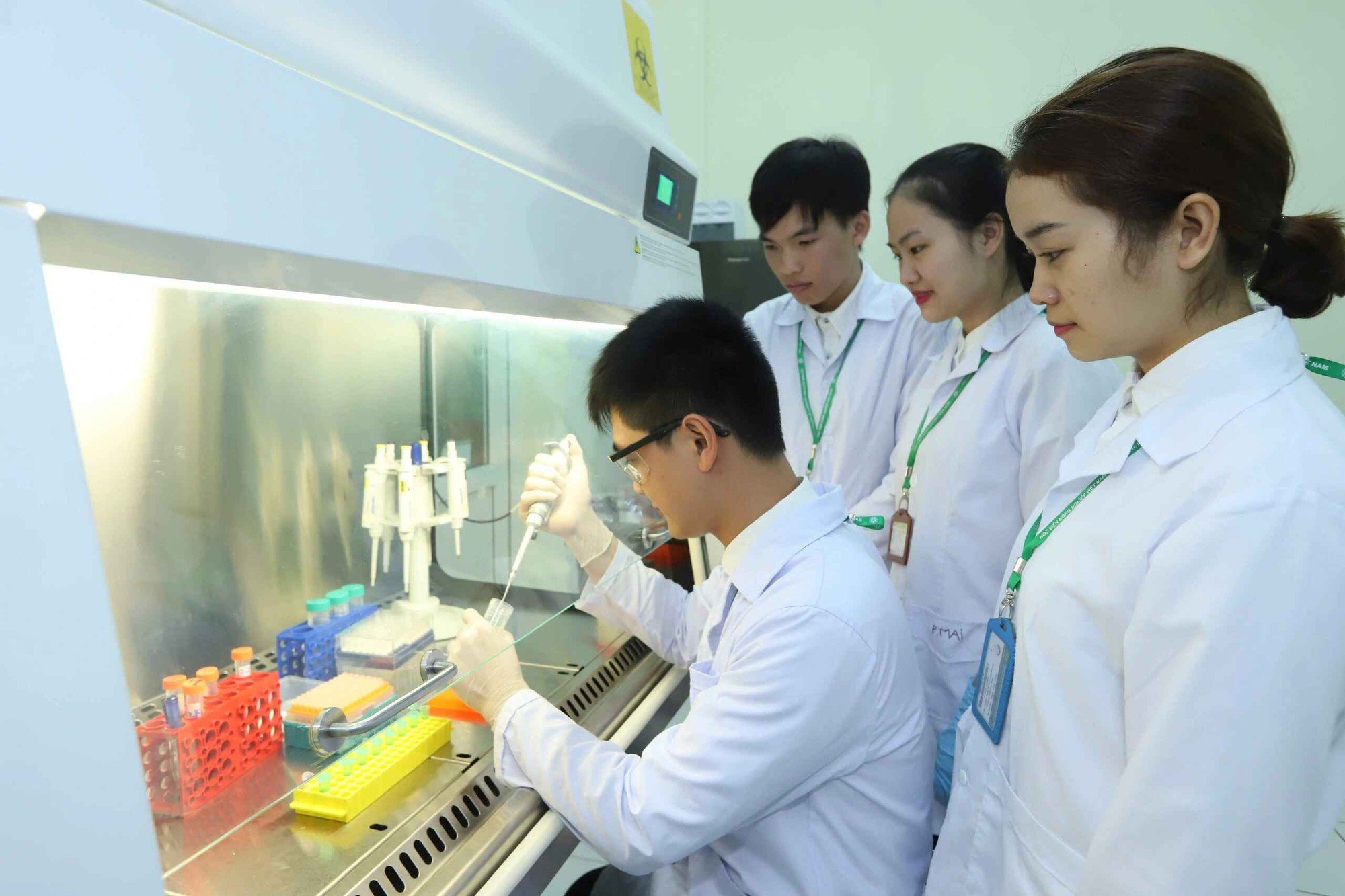
Human resources should be considered the key to creating breakthroughs in scientific and technological development and innovation.
Another story, at a Vietnamese electric car manufacturing enterprise, where initially foreign experts worked in every stage but gradually the highest technology management positions were gradually transferred to Vietnamese people. Graduates from Vietnamese universities, after a period of supplementary training, under the guidance of foreign experts, were ready to take on important stages and quickly master the basic technology, the core technology in a very new field, and the future of humanity. Up to now, after 7 years, 3/4 of the more than 2,000 engineers of this car manufacturer are graduates from Hanoi University of Science and Technology.
The above two examples and many other similar examples show that young Vietnamese talents, if properly trained with an international orientation, can completely master new technologies, strategic technologies, take on challenging jobs, and succeed in competitive places, with the highest industrial standards. They help us to be more confident in affirming our human resources, the resources of youth, of talent, of the desire to affirm ourselves as the competitive strength of Vietnam in the new era, the era of national development.
"Realizing that great potential also puts pressure on the training system to find ways to polish the talents and rough gems into precious gems. The solution to the above problem lies in developing the university education system, focusing on training high-quality human resources, quickly creating a team of technological talents, integrating globally with a strong sense of self-reliance," Associate Professor Ta Hai Tung shared.
INCREASE INVESTMENT IN HIGHER EDUCATION
Dr. Bui Hai Hung, Director of VinAI Research Institute, Vingroup Corporation, said that his unit also has good experiences in in-depth training and elite training in the field of AI in Vietnam . To date, VinAI has trained more than 100 interns in AI, through the first AI internship program in Southeast Asia and a model similar to Google's model. This AI internship program initiative has many similarities with the 4th task (developing and promoting high-quality human resources and talents) in the 7 tasks stated in Resolution No. 57 of the Politburo.
"We currently have very promising young talents. However, in order for them to really make a breakthrough, we need to focus on problems that the world is really interested in. As well as equipping them with the necessary infrastructure and tools to support their work process. When fully supporting these factors, young talents can completely take off, becoming a key resource contributing to the development of artificial intelligence as well as the country's technology in the future," said Dr. Bui Hai Hung.
According to Associate Professor Ta Hai Tung, in order to develop a high-quality workforce, the first solution the Government needs to implement is to increase the investment budget to quickly develop a university education system approaching international standards. If university education only relies on tuition fees without receiving investment from the state, universities may stray from their mission of maintaining and developing the human resources and science and technology foundation for the country, and the entire system is at risk of eliminating a series of essential industries (but less attractive in enrollment) such as materials, metallurgy, automobiles, nuclear physics, etc. Thus, the determination to build high-speed railways, nuclear power, electric cars, etc. will become arbitrary goals, because there is no team of teachers, no team of experts, no resources to create a science and technology foundation, etc.
"Currently, the investment budget for the entire Vietnamese higher education system is still very modest, as in 2020 it only stopped at more than 11,000 billion VND, accounting for 0.18% of GDP, while ASEAN countries such as Malaysia, Thailand, and Singapore are all at 0.65 - 0.75% of GDP. Our investment figure is only equal to nearly 9% of the budget of a leading Chinese university (Tsinghua University)", Associate Professor Ta Hai Tung shared and proposed: "In the current period, investment must go hand in hand with accountability, with a commitment to specifically measured output, and the more effectively a training and research unit operates, the more investment it will receive to continue to develop further, becoming the locomotive pulling the entire system forward".
Remove "Vietnam-specific procedures"
According to Professor Le Anh Tuan, Chairman of the University Council, Hanoi University of Science and Technology, Decree No. 179/2024/ND-CP dated December 31, 2024 of the Government is a breakthrough legal document in attracting and employing talented people, which clearly stipulates policies to attract and employ talented people, with specific regulations from the first-time attraction subsidy policy after recruitment, training and development, working conditions and equipment, recommendation and recognition policies, arrangement and use of talented people, and honoring talented people. These contents have touched on all current institutional bottlenecks in attracting talented people, from a full, healthy, transparent and truly democratic working environment to preferential solutions, employing and honoring talented people.
However, to put Decree 179/2024 into practice in a sustainable manner, it is necessary to soon issue guidelines related to financial resources in attracting talents, specific financial mechanisms for talents, mechanisms for investing in facilities and equipment so that talents have the opportunity to develop their careers; specific regulations and rules so that talents have the opportunity to pursue their passions and realize their aspirations.
"Currently, there are many bottlenecks that need to be addressed soon so that scientists have the opportunity and environment to develop. A good environment and opportunity are important motivations to attract talent," said Professor Le Anh Tuan.
According to Associate Professor Ta Hai Tung, in order to build a source of technological talent to become a national competitive advantage, promote strategic technology development and digital transformation, in addition to increasing investment in high-quality domestic training, attracting external resources to rapidly develop a team of internationally-qualified scientists and technologists is the right viewpoint. He proposed that the state should allow universities to consider recognizing standards and appointing the titles of professor and associate professor, considering the professional titles of professor and associate professor as job positions in a university. "It is difficult for a scientist who has become famous abroad with the position of professor or associate professor but when returning to Vietnam, he still has to go through a specific Vietnamese assessment process according to the review rounds to be recognized," Associate Professor Ta Hai Tung commented.
Source: https://thanhnien.vn/coi-troi-de-dot-pha-khoa-hoc-cong-nghe-con-nguoi-la-mau-chot-185250122195102296.htm








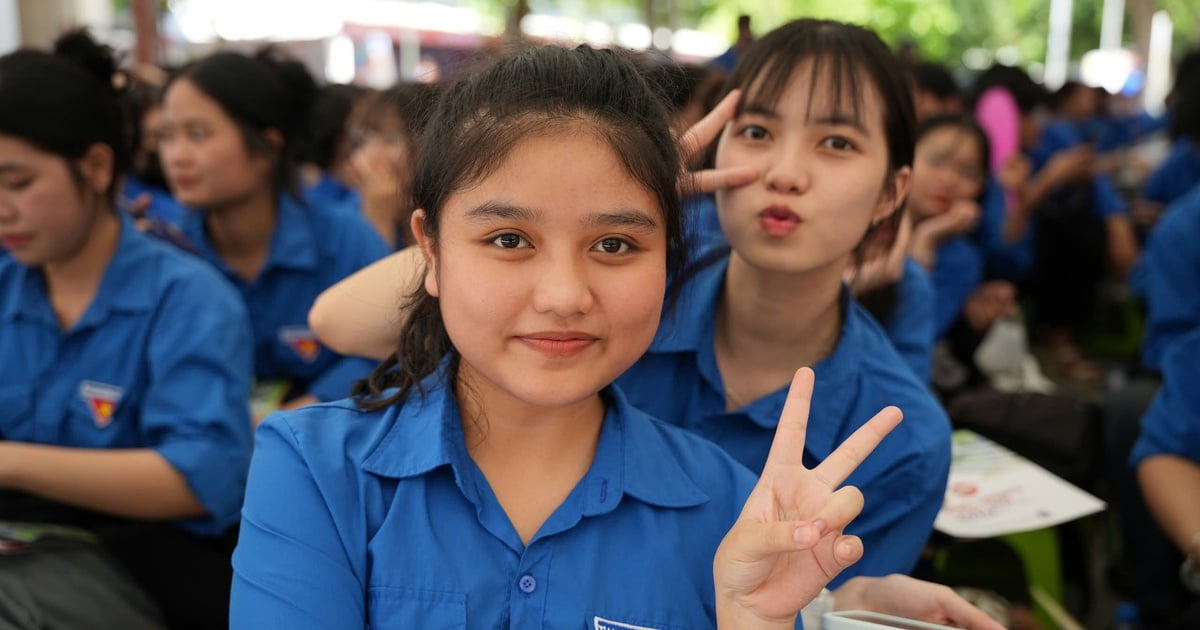




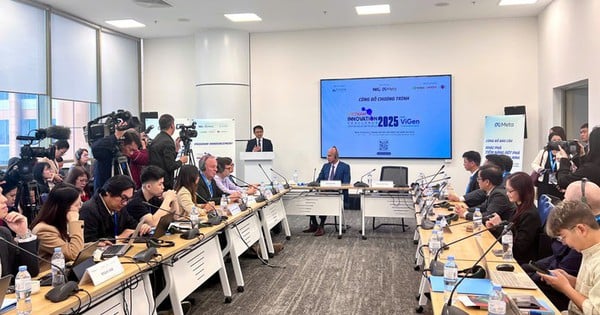

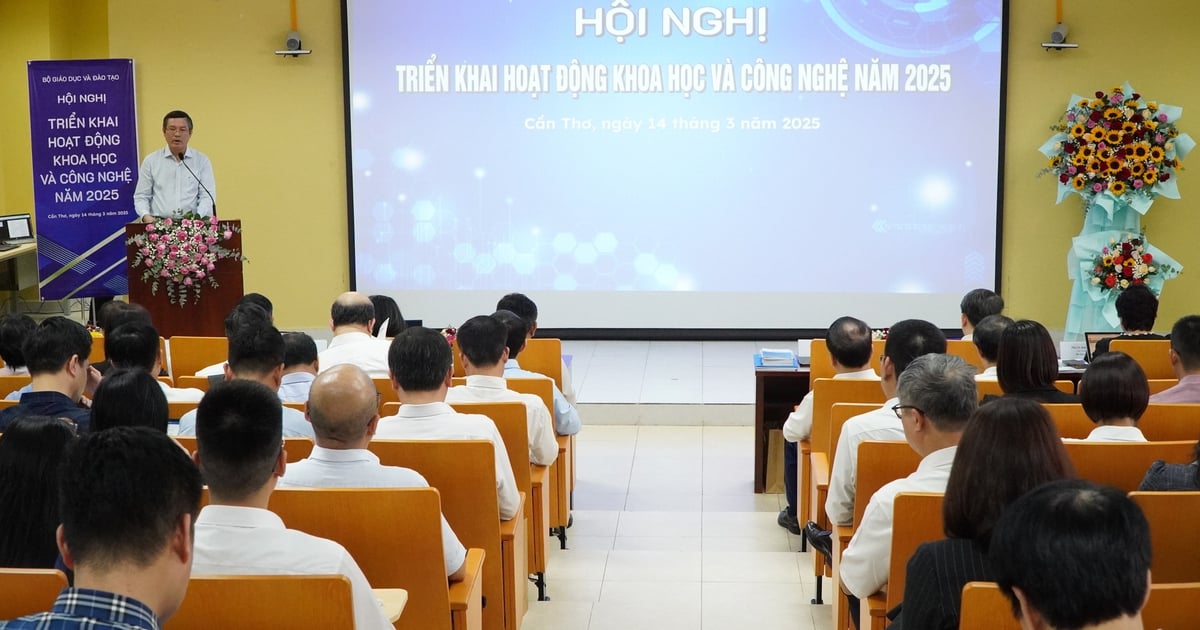

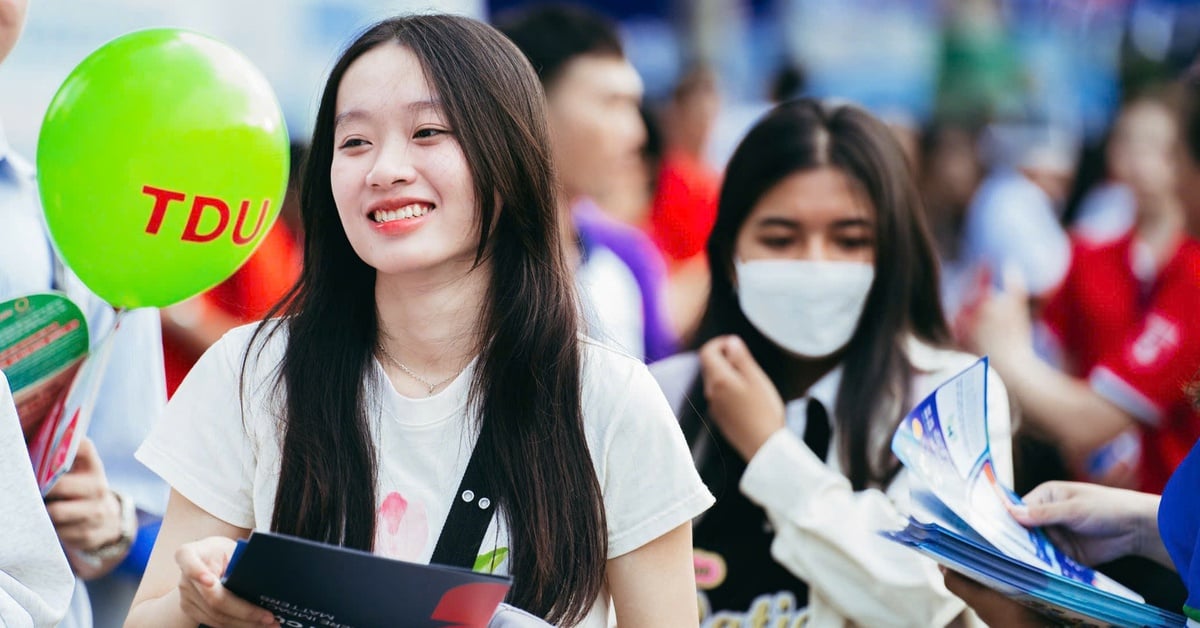

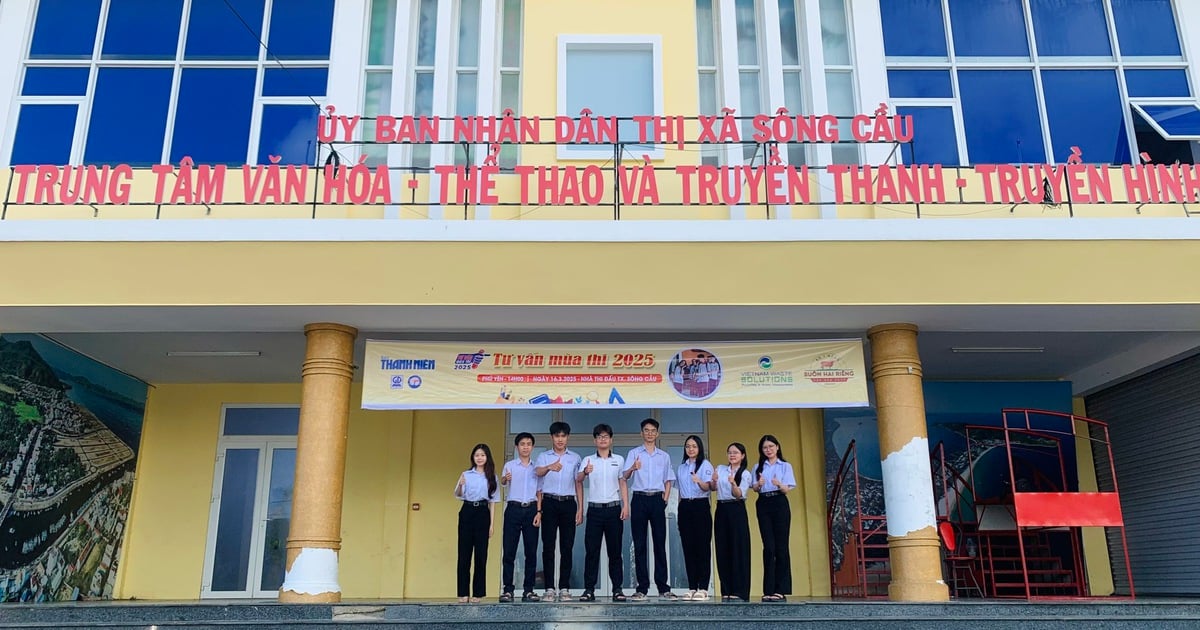

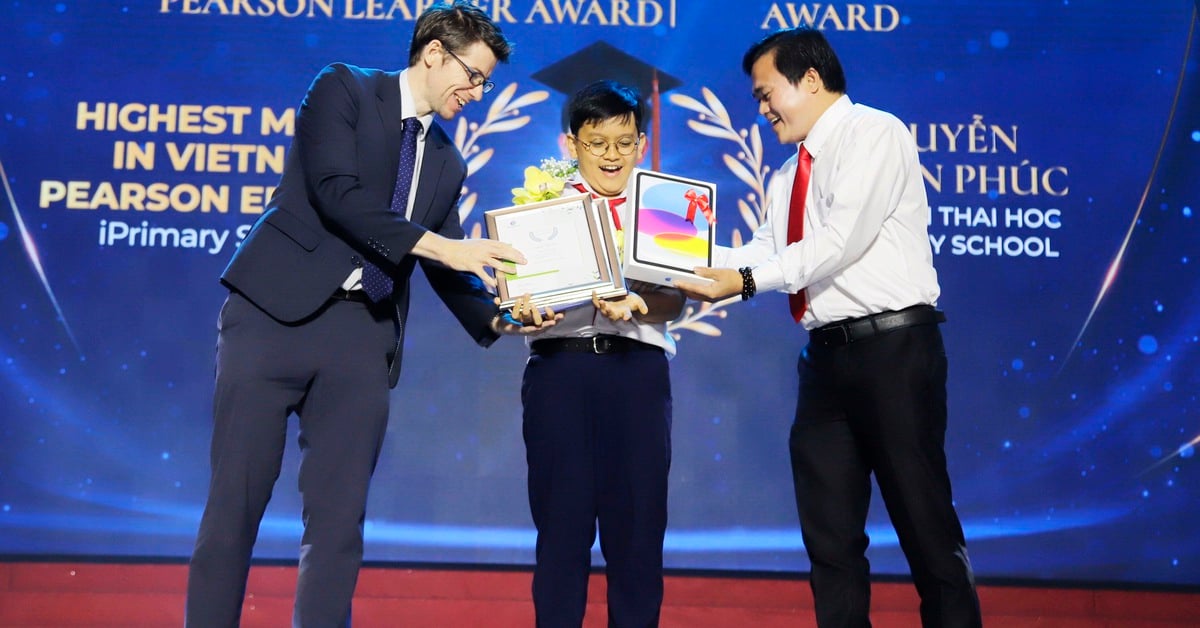
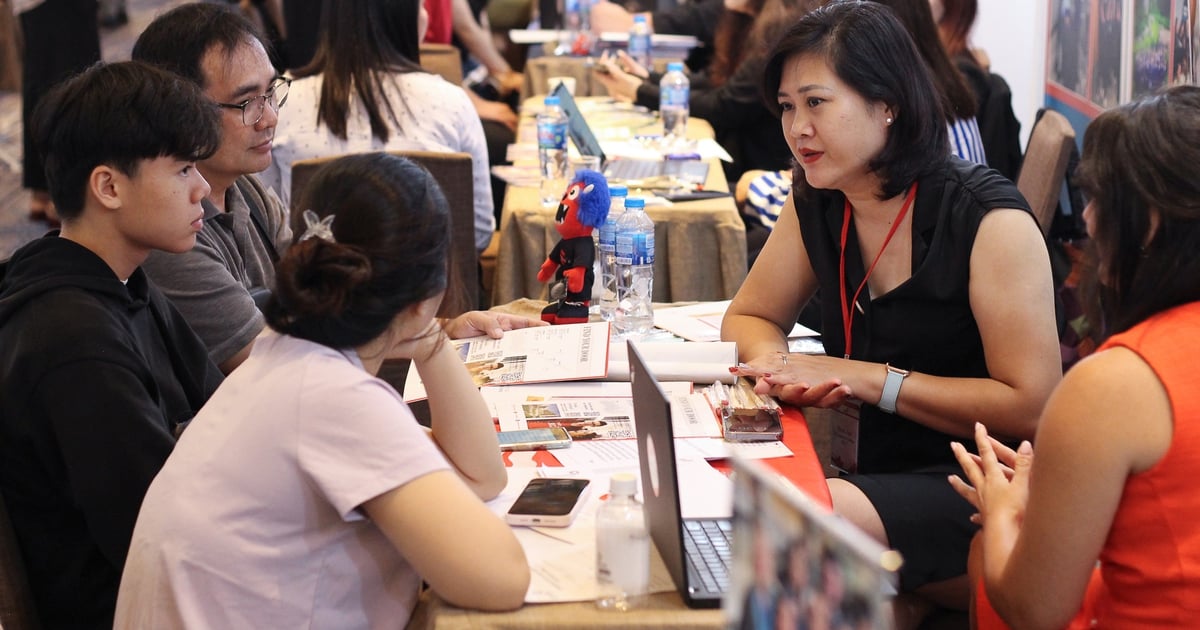
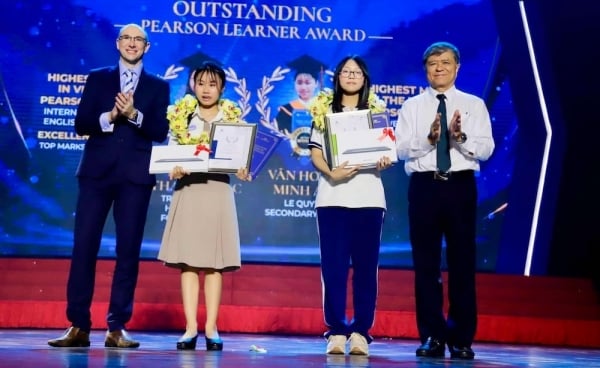





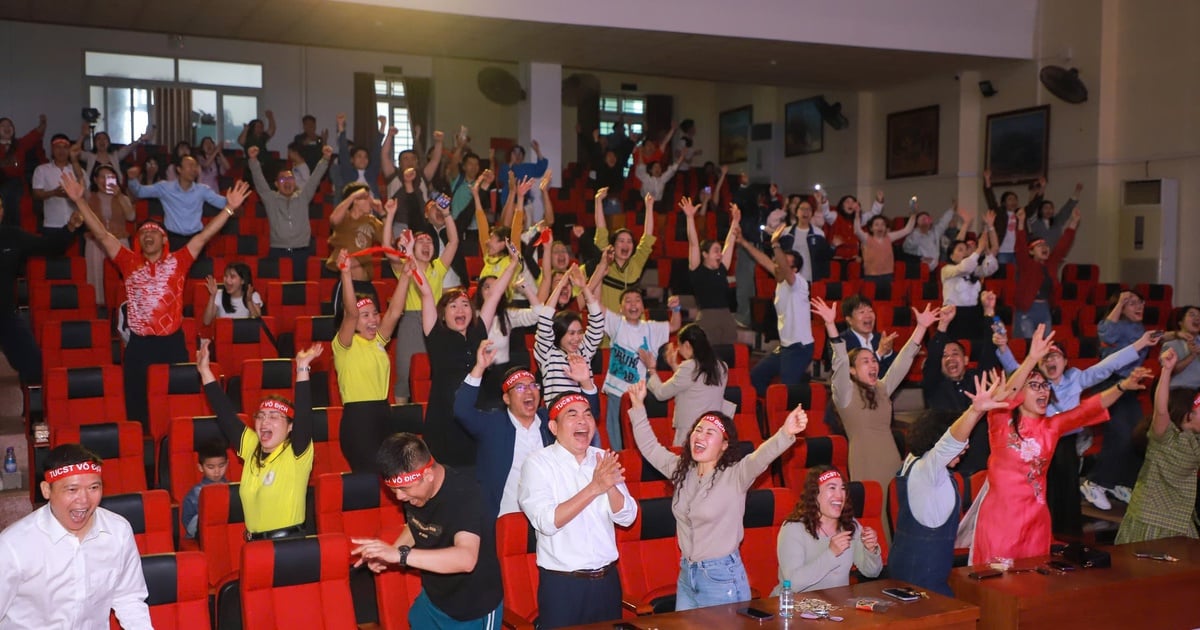
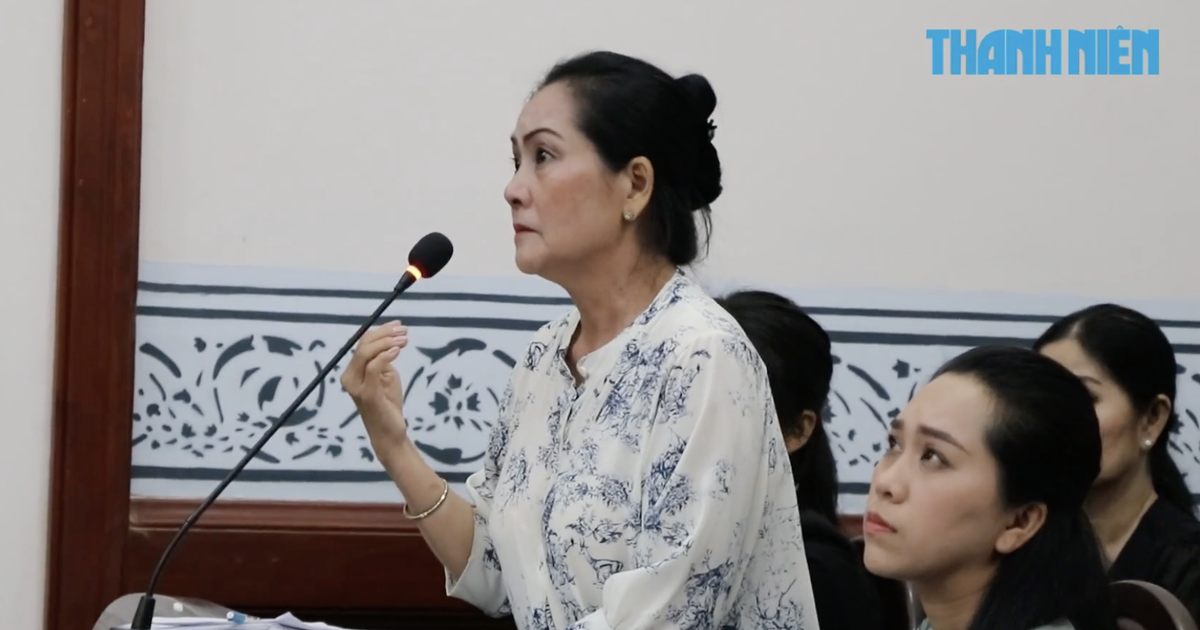
















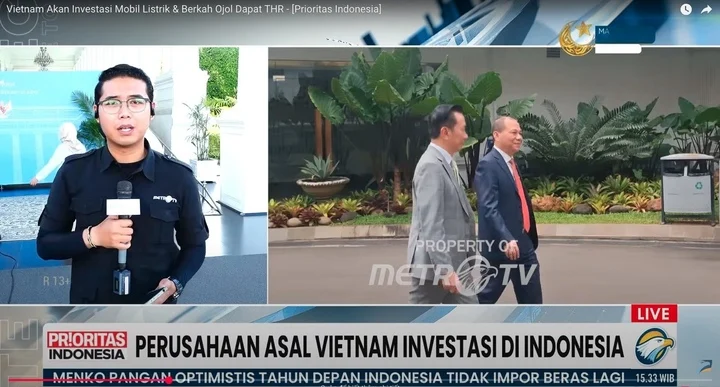

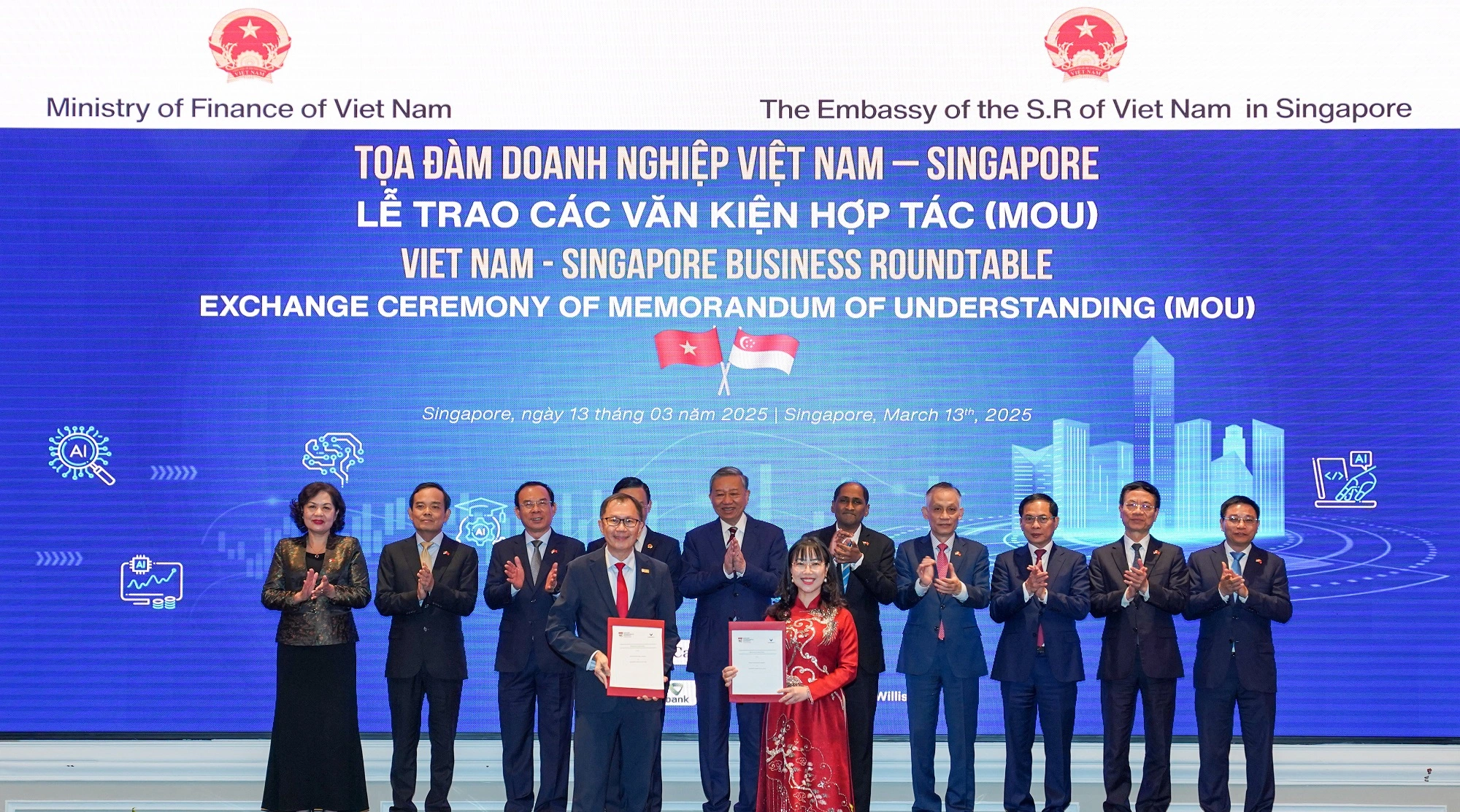
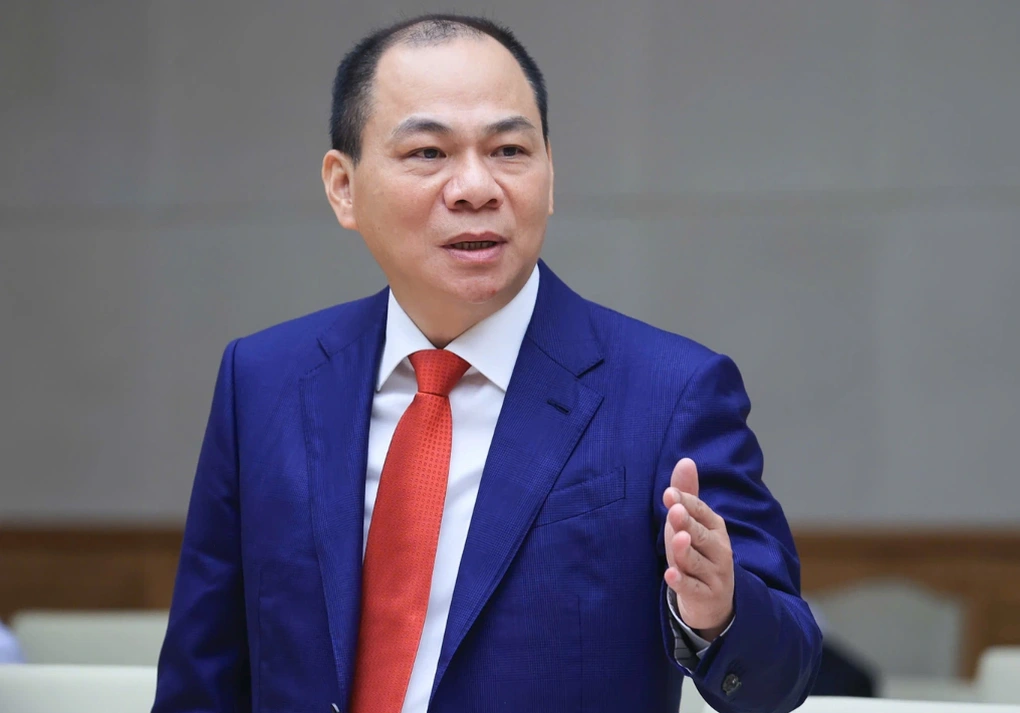

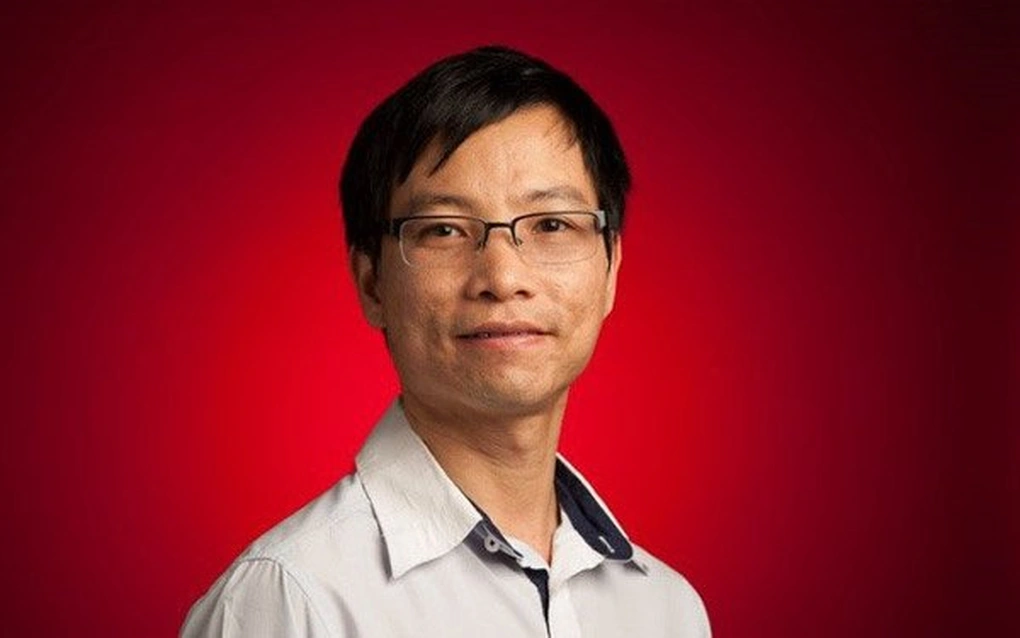
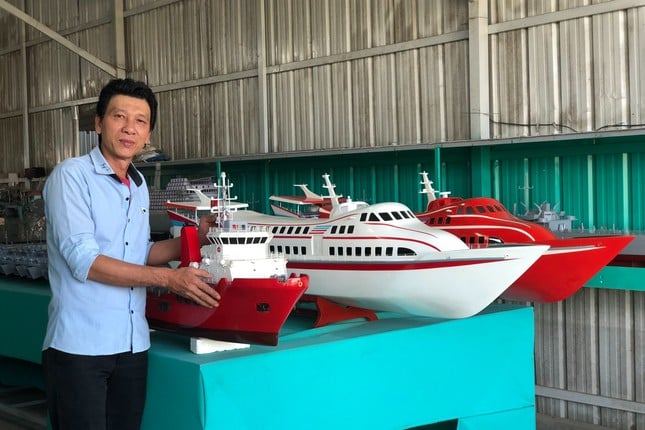


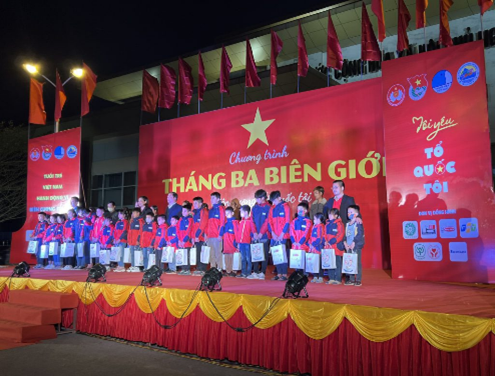




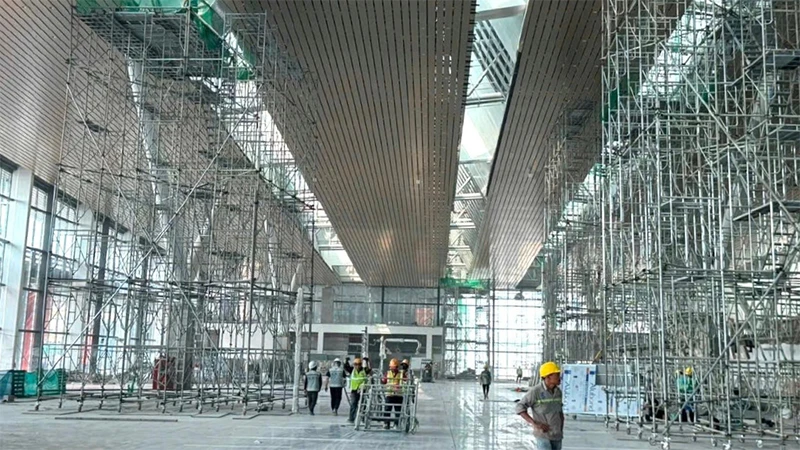









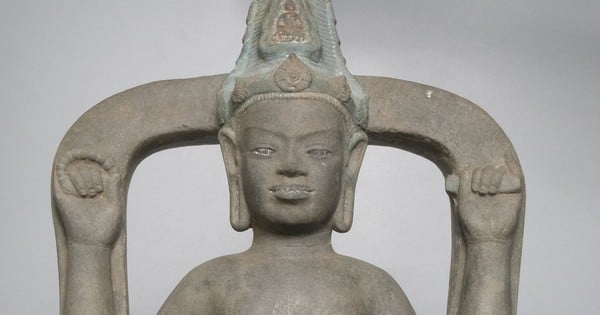



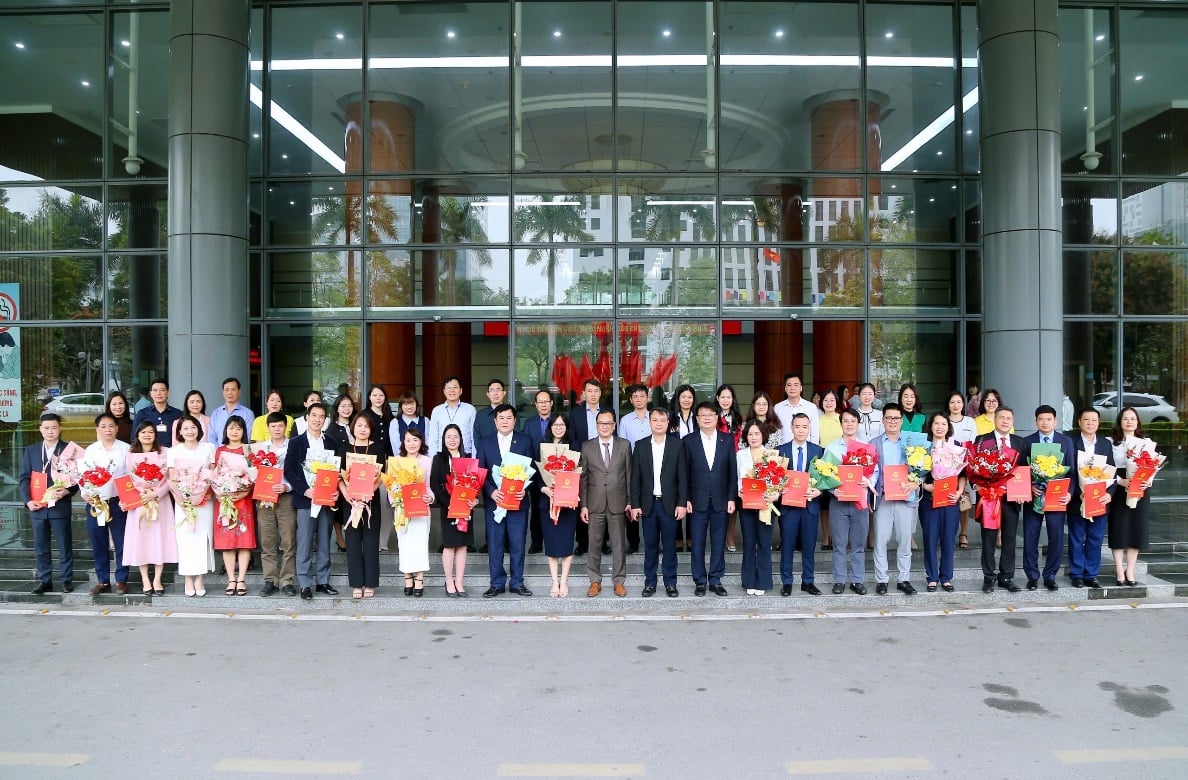


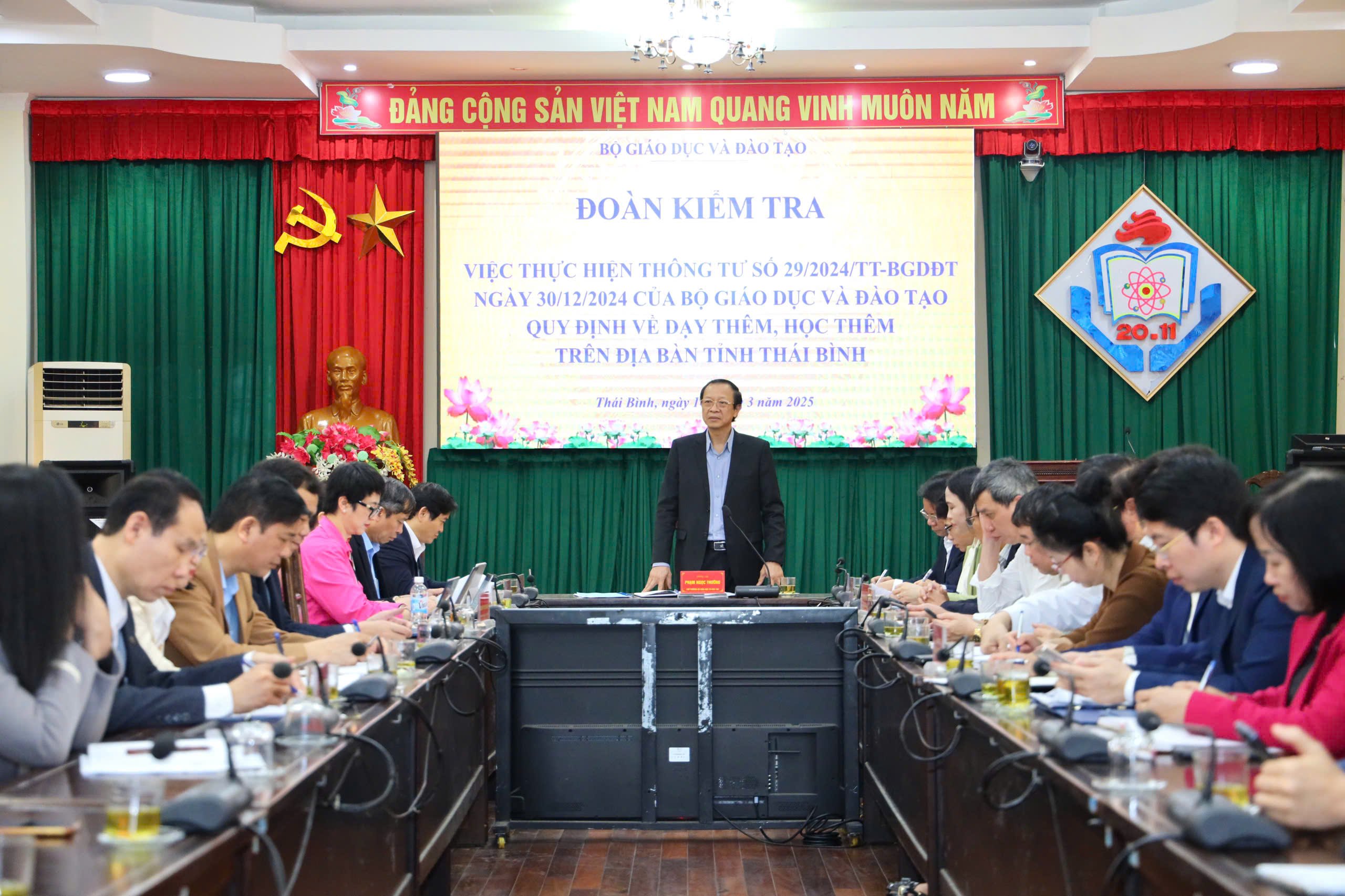




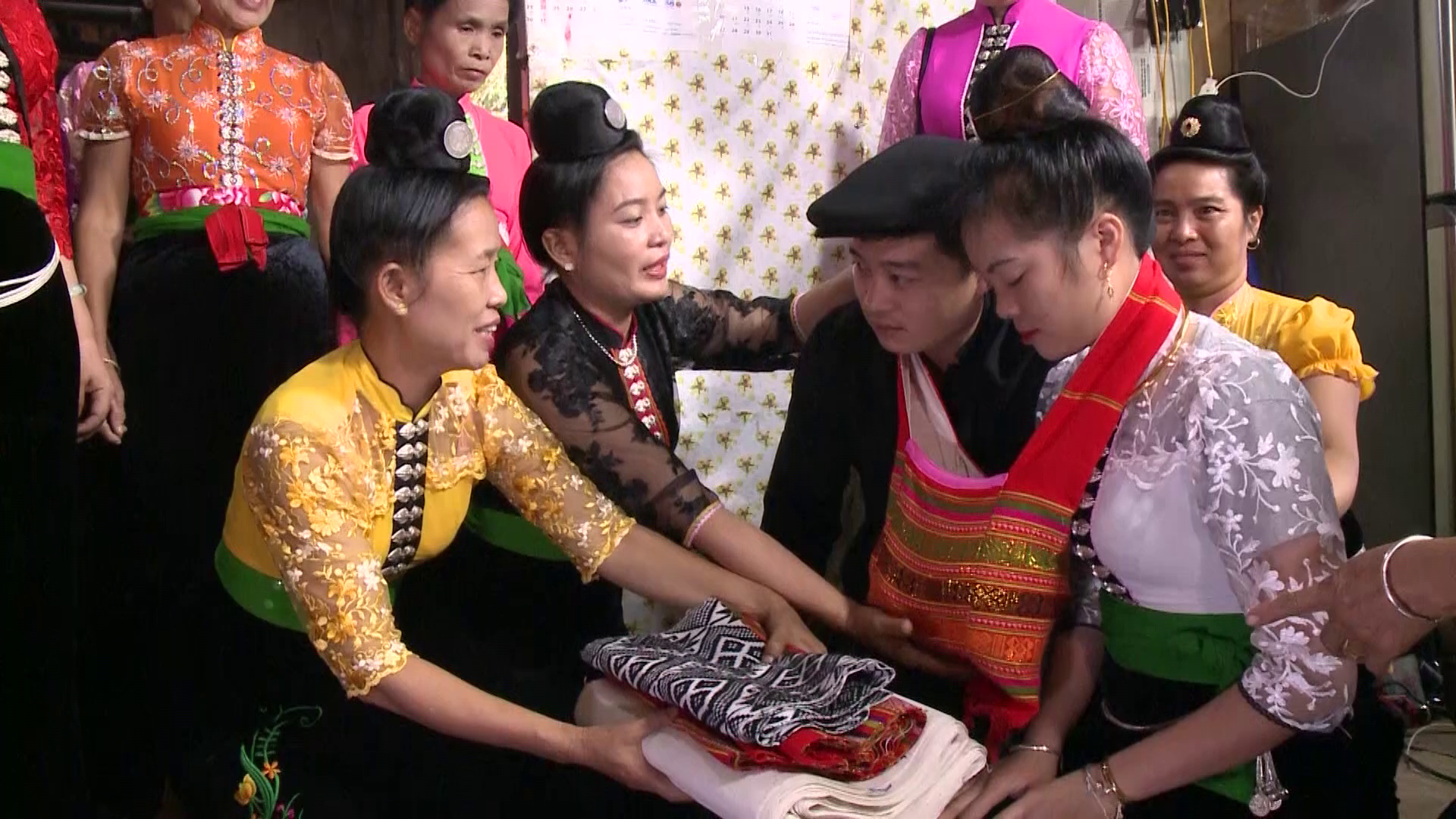

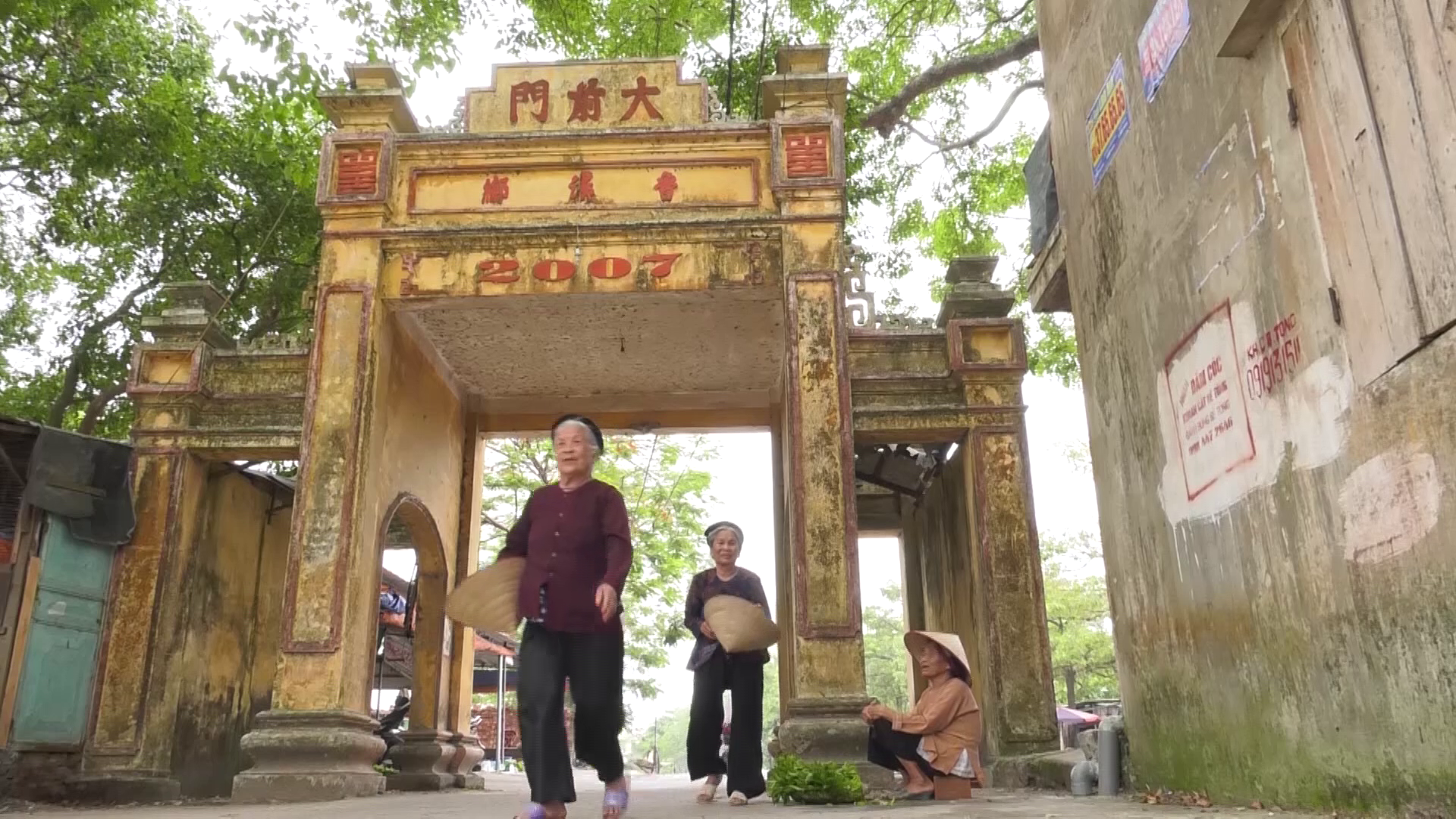

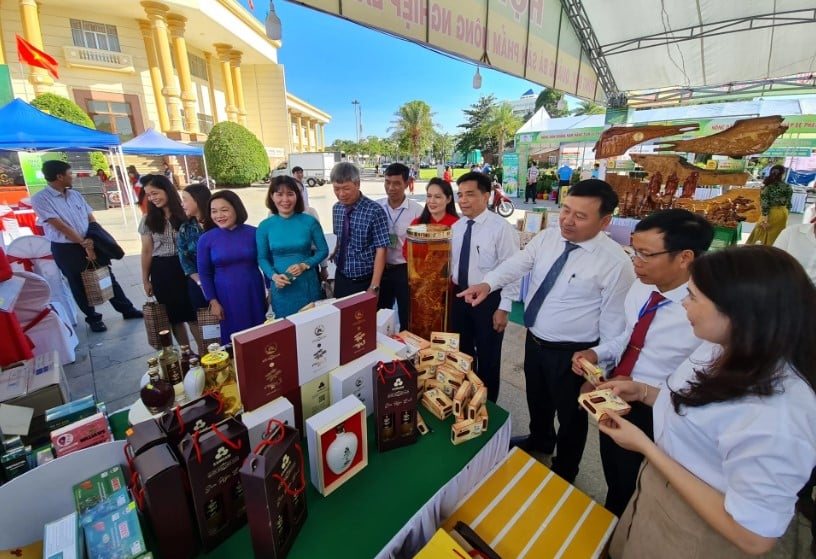








Comment (0)